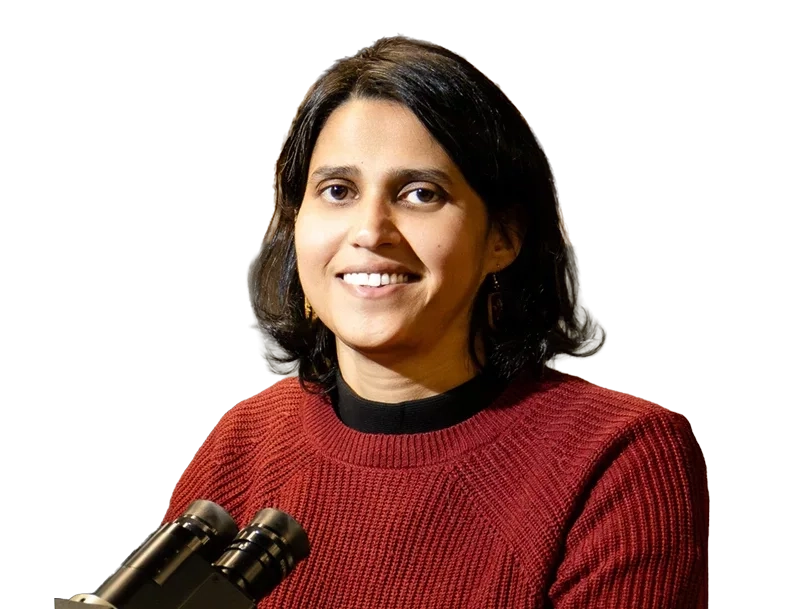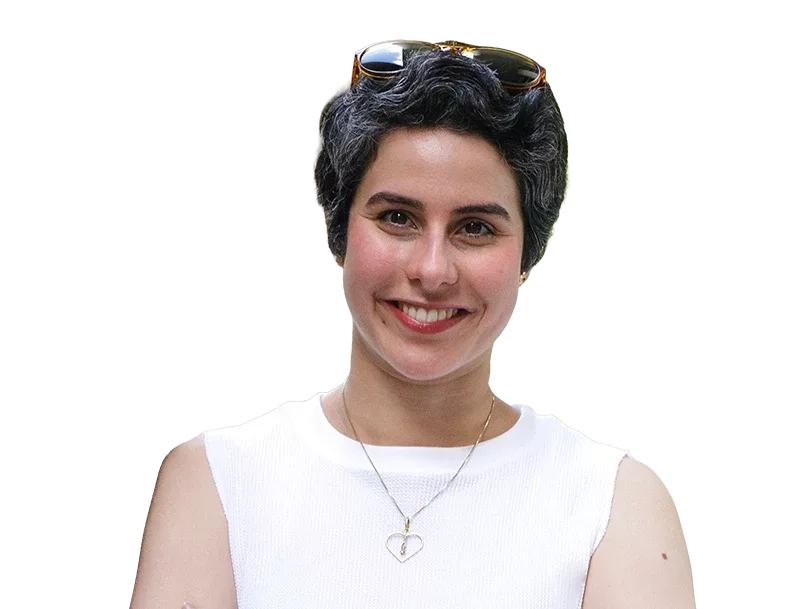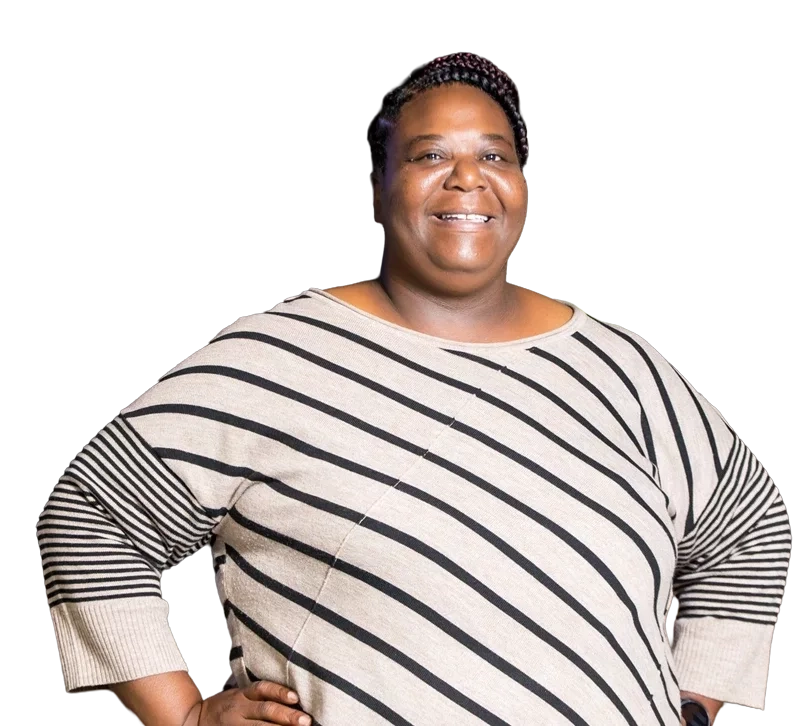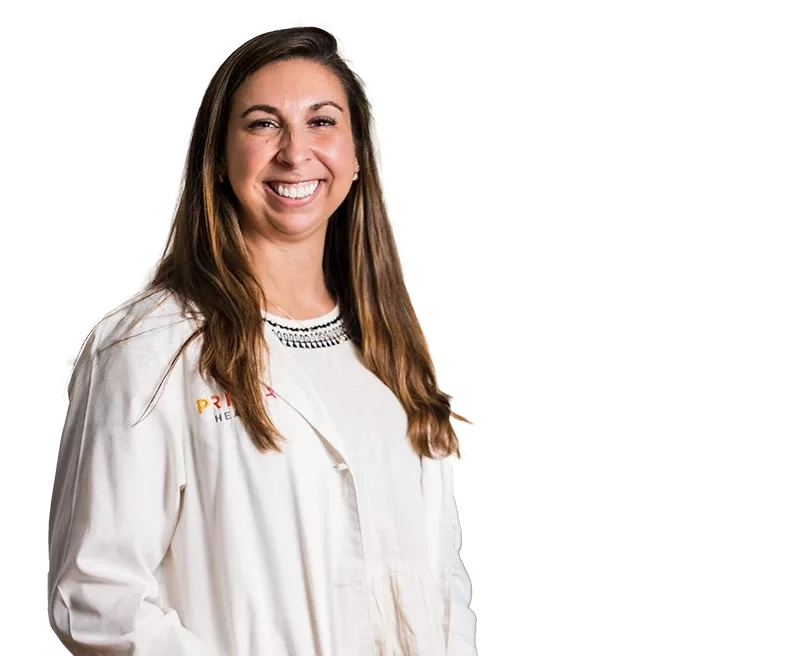

Dr. Michael Reiter
James B. Duke Distinguished Professor of Computer Science and Electrical & Computer Engineering at Duke University
Dr. Michael Reiter
James B. Duke Distinguished Professor of Computer Science and Electrical & Computer Engineering at Duke University
Advanced Technology with a Human Touch
In the not-too-distant future, we will open our homes and cars with facial recognition scans instead of today’s keys, fobs and keypads.
Keeping such scans safe from hackers will be critically important.
That is where Dr. Michael Reiter comes in. A computing security and cryptography expert at Duke University, he studies adversarial machine learning and artificial intelligence. Reiter probes the new generation of AI-powered products for vulnerabilities, finding and fixing weaknesses before bad guys exploit them.
He is part of a growing cadre of Duke University scientists exploring — and re-setting — the front lines of our technological future.
“A lot of these security technologies have double-edged uses, but I am excited about this work,” said Reiter, the James B. Duke Distinguished Professor of Computer Science and Electrical & Computer Engineering. “This (research) is very relevant to problems that the domain is facing right now.”
DOUBLING DOWN ON SCIENCE & TECHNOLOGY
Recognizing the critical role science and technology will play in shaping the future, Duke University is advancing a campus-wide effort to expand and accelerate recruitment of new faculty in medicine, engineering, mathematics, computer science and natural sciences such as physics and biology.
In 2018, the Endowment’s Board of Trustees approved a $50 million grant to launch a 10- year effort by the university and Duke Health to recruit outstanding faculty in the sciences. The Trustees added another $50 million in 2021. The two grants have helped Duke University and Duke Health hire or retain more than 40 faculty members in science and technology fields.
They included top thinkers such as Reiter, who was recruited from UNC Chapel Hill in 2020, and Dr. Chris Monroe, one of the world’s leading experts in quantum computing, who arrived in 2021.
In 2024, the Endowment also approved a five-year, $30 million grant to strengthen the university’s expertise and offerings in artificial intelligence and machine learning.
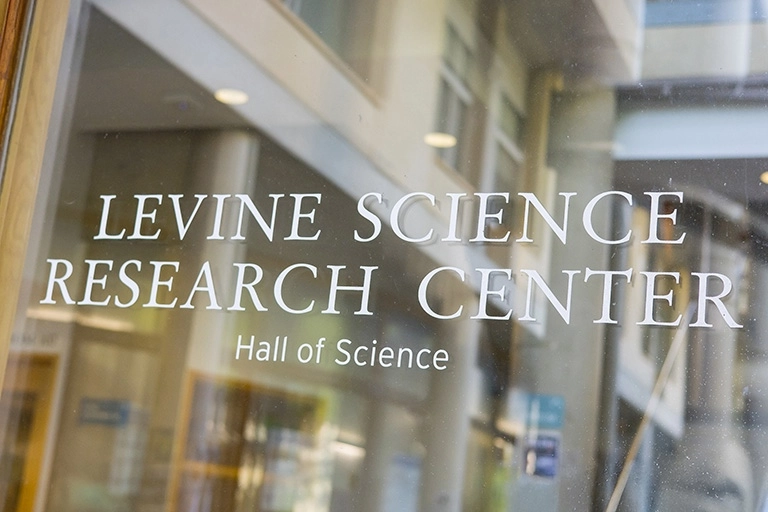
RESEARCH ON THE FRONT LINES
In his office one afternoon, Reiter played a video of an experiment he conducted with a colleague. It begins with the colleague, named Mahmood, looking directly at the camera as facial recognition powered by artificial intelligence tries to identify him.
A caption above his head renders the scanner’s verdict: a better than 99 percent chance it’s Mahmood.
Mahmood puts on colorful glasses. Although his facial features remain largely unobscured, the software’s verdict abruptly shifts to a 96 percent certainty that he is now someone named Ariel.
“The machine learning model is fooled,” Reiter said, “even though none of us would be.”
That’s because, even though machine learning models can do things humans do, Reiter said the models execute in significantly different ways. Humans, for instance, are good at drawing inferences from one thing — like seeing one person’s face and remembering it — but artificial intelligence models need more examples. Once they have them, however, they can find far more subtle patterns within the data.
Reiter says technological advances are quickly eliminating flaws like those in his facial recognition example. Within three years, he believes, machines will be smarter than humans in many respects.
“They’re making staggering advances really quickly,” he said. “It’s humbling to think about facing a future where we are not the smartest thing.”

